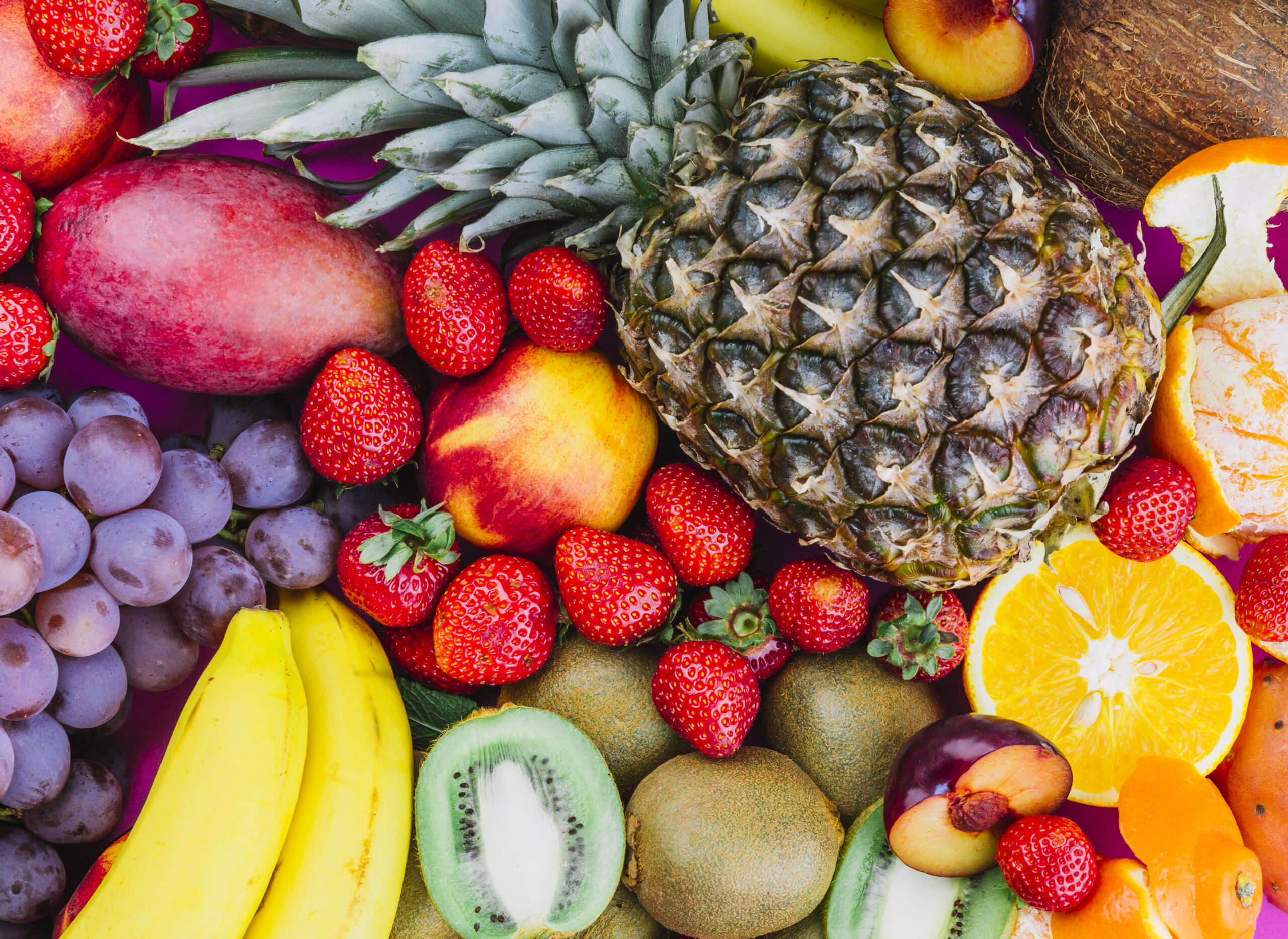Newsletter: December 2011
Translated by: Jocelyn Lee
It is every woman’s dream to retain their youth forevermore, but we all know the process of aging is inevitable, and moving into the menopausal stage can be a nasty course.
Essentially, menopause is the transition period in a woman’s life when her ovaries stop producing eggs, her body produces less estrogen and progesterone, and menstruation becomes less frequent, eventually stopping altogether. This incidence typically occurs between the ages of 45 and 55. However, the duration of menopause is different for every female, characteristically lasting from two to five years with the following symptoms.
- Hot flashes: These are the body’s reaction to a decreased supply of estrogen and can feel like sudden, transient sensation of heat spreads over the body creating a flush particularly on the face and upper body. Coldness may be experienced in the aftermath of the hot flashes following the body’s attempts to cool itself through perspiration.
- Other symptoms: There are also other possible symptoms including insomnia, headache, dizziness, irritability, feeling of dread, muscle ache or sore joints, osteoporosis, weight gain and other symptoms caused by vaginitis.
When a woman enters menopause, her female reproduction system weakens while the menstrual flow comes to a gradual stop. Her vitals (heart, liver, spleen, lungs and kidneys) will then deteriorate, affecting her vital energy (causing a declining of immunity).
At this vulnerable stage, one has to take extra health precautions to avoid ailments such as periarthritis, high blood pressure, diabetes, anxiety disorder, depression and osteoporosis. In more serious cases, one may contract ovarian cancer, cervical cancer, endometrial cancer and breast cancer. Hence women who are going through menopause should go for regular checkups with their gynaecologists.
To reduce the symptoms of menopause, one may try the following remedies. However, one should consult a physician immediately if the symptoms are severe.
Home Remedies
Chestnuts and wolfberries soup
Ingredients: 100g fresh chestnuts, 15g wolfberries, 50g fresh lotus seeds, 50g fresh lily bulbs, 300g lean meat.
Method:
- Remove the shells and membranes of the chestnuts, slice them and set aside.
- Slice the lily bulbs into strips, wash them and set aside.
- Wash the lotus seeds, remove the cores, set aside.
- Wash the wolfberries and lean meat, set aside.
- Toss the chestnuts, wolfberries and lean meat into a pot, along with 1000cc of water and let it simmer over a slow flame for an hour. After which, add in the lotus seeds and lily bulbs, and cook for another half an hour. Add a pinch of salt to taste before serving.
Benefits: This remedy nourishes the body and helps to calm the nerves. It is suitable for women who have kidney yang deficiency. Common menopausal symptoms include frustration, insomnia, cold intolerance and cold limbs.
Lotus curcuma roots and carrot soup
Ingredients: 500g lotus root, 150g carrot, 15g curcuma root, 300g pork ribs, a pinch of salt.
Method:
- Wash and skin the lotus roots and carrots, then finely slice them, set aside.
- Wash the curcuma root and set aside.
- Rub the pork ribs with salt and set aside.
- Toss the lotus and curcuma roots, carrots and pork ribs into a pot, add 3000cc of water and simmer the contents over a slow flame for two hours.
Benefits: This helps to regulate the qi in the body, relieves symptoms of depression, calms the nerves and soothes frustration. It is suitable for those who have stagnation of qi in their liver. Symptoms include chest tightness, sore breasts, increased irritability, poor sleeping patterns, bad taste in the mouth and dry throat.
Lily longan tea
Ingredients: 100g fresh lily bulbs, 20g longan flesh (dried).
Method:
- Wash the lily bulbs and longans and set aside.
- Toss in the lily bulbs and longans into a pot, along with 500cc of water, and simmer over a slow flame for half an hour before serving the tea.
Note: As longans contain sucrose, diabetic women should replace the fruits with 20 wolfberries when using this recipe.
Benefits: This tea nourishes the heart and spleen, improves the circulation of qi and blood and calms the nerves. It is good for women with deficiencies in their heart and spleen. Symptoms include heart palpitations, insomnia, memory lapses, fatigue and loss of appetite.
Word of advice on food
Women who are going through menopause should maintain a healthy diet as far as possible, and that entails consuming the right nutrients their bodies require.
Firstly, they should consume food rich in protein, like eggs, lean meat, fish, poultry (i.e. chicken, duck meat) and soy-based products. Conversely, food high in fat content derived from animals such as lard, and butter should be avoided. Likewise, they should also stay away from food high in cholesterol such as egg yolks and animal innards.
The fatty acids contained in the food can cause a significant increase in blood density, hence resulting in the hardening of arteries. It is ideal to replace these food products with healthier alternatives like vegetable oil, soybean oil, rice bran oil and sunflower seed oil.
It is also of utmost imperative to restrict intake of salt and sugar in one’s diet. The recommended amount of salt intake should be capped at 6g and below as women going through this tough period are predisposed to having high cholesterol levels and hardening of arteries.
High salt consumption increases work for the heart and leads to an increase in blood viscosity, hence resulting in a rise in blood pressure. Similarly, a high sugar diet leads to overweight problems. On the other hand, the consumption of complex carbohydrates that can be found in most grains, millet and cereals are encouraged.
Vegetable and fruits, especially those containing beta carotene, mineral salts and high in fibre should be consumed in place of the less healthy sugars. Some examples of such vegetables are spinach, cabbage, celery, apples, red dates and tomatoes. These vegetables can help to strengthen the blood vessels, rid of bad cholesterol, prevent the thickening of arteries and coronary heart disease.
To prevent osteoporosis, which women who are going through menopause are susceptible to, one should consume food that is high in calcium. Some examples are soy-based products, dried anchovies, dried shrimps, seaweeds, kelps, lavers, dried oysters and sesame paste.
Avoid stimulant food such as chili, pepper, wasabi and garlic as they increase body heat after consumption, resulting in the surfacing of symptoms like insomnia and heatiness. Likewise, reduce the consumption of alcohol and cigarettes. Nicotine affects the central nervous system as a stimulant as well.
This article is brought to you by Traditional Chinese Medicine physician Tan Mei Er, who has been practising in her field for almost 30 years. She has also shared her views on several Chinese news publications regarding her area of expertise on food and nutrition.
Image Fresh fruit photo created by freepik – www.freepik.com


